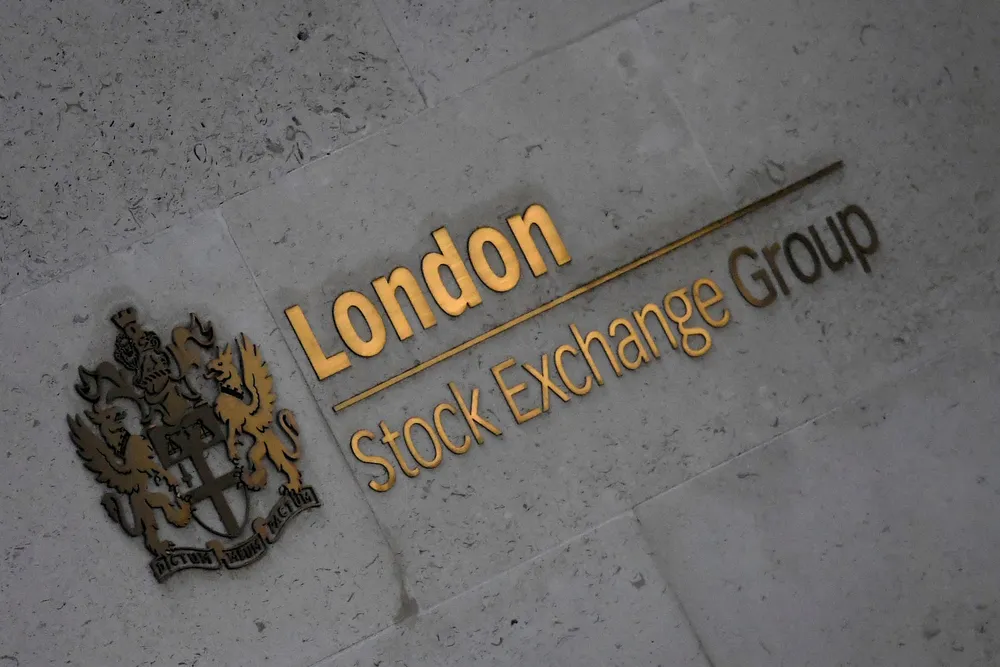Brexit Britain risks being left on a limb when it comes to new energy challenges
Leaving the European Union does not seem to be going well for the UK, and the energy sector is not immune to this

Leaving the European Union does not seem to be going well for the UK, and the energy sector is not immune to this
